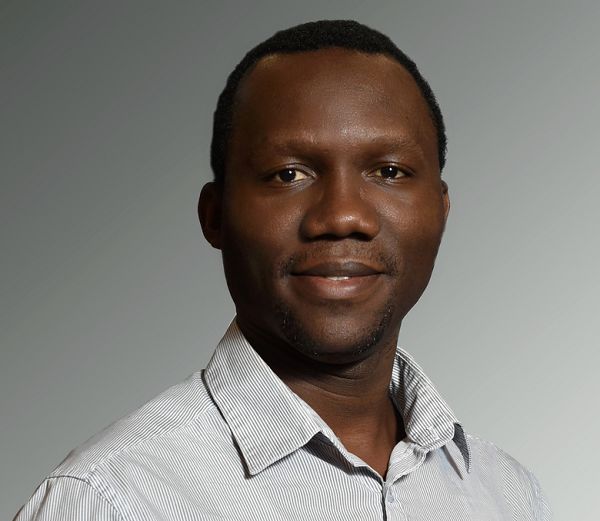
CDD releases report on why people vote for MPs
Ghanaian voters are twice as much likely to vote for parliamentary candidates who provide infrastructure development than those who promise financial support to individuals, a research has shown.
According to the research, conducted by an Associate of the Ghana Centre for Democratic Development (CDD-Ghana), Dr George Kwaku Ofosu, another key indicator that determined which candidate citizens would vote for was a candidate who is ready to organise regular community meetings to listen to the concerns of the people and also debrief them on parliamentary issues.
The research also showed that candidates who offer to attend or financially support social events including funerals, religious events and traditional festivals or help deal with government bureaucracy or secure state employment for the people are more likely to be voted for than those who do not.
Conducted between November and December, 2018, the research provides a systematic analysis of which of the different types of constituency services influence voters’ choice and whether the effects differed by partisanship and electoral setting.
The results of the research showed that some constituency services were more important to voters than others.
Findings
Outlining some of the findings at a forum organised by CDD-Ghana in Accra, Dr Ofosu said a parliamentary candidate’s profession and gender had no effect on their chances of being elected by voters.
“Hailing and living in the constituency is more preferable and both female and male candidates are equally preferred,” he said.
Dr Ofosu said the research also revealed that citizens were about 13 percentage points more likely to choose a candidate who pledged to spend the majority of the Member of Parliament’s (MPs) Common Fund on public infrastructure compared to one who plans to use only a little (or none) of the fund for this purpose.
“ In contrast, voters were only seven percentage points more likely to pick a politician who committed to spending the majority of funds to provide private benefits compared to one who plans to use only a little (or none) of the fund for that purpose,” he said.
Per the research, Dr Ofosu said the probability that citizens would select a candidate as MP “decreases to about six percentage points when the aspirant promises only yearly meetings.”
“Candidates who promise to sometimes (half of the time) or always help constituents in dealing with the government bureaucracy or finding state employment are 7.2 and 10.2 percentage points more likely to be preferred compared to those who will hardly do so on average, respectively,” he said.
Dr Ofosu stated that candidates affiliated with an incumbent party were 3.2 percentage points more preferred than the other counterparts.
There was also an analysis as to whether such an affiliation in terms of affiliation with an incumbent party vis-a-vis the type of constituency had any effect. This aspect dealt with the provision of public infrastructure and private financial transfers and related issues.
Analysis
Making analysis based on the research findings, he said in competitive electoral settings, the promise of public infrastructure “is highly influential among a candidate’s co-partisans and non-copartisans.”
“In non-competitive settings, the promise of public infrastructure is only effective among co-partisans in segregated constituencies,” he added.
